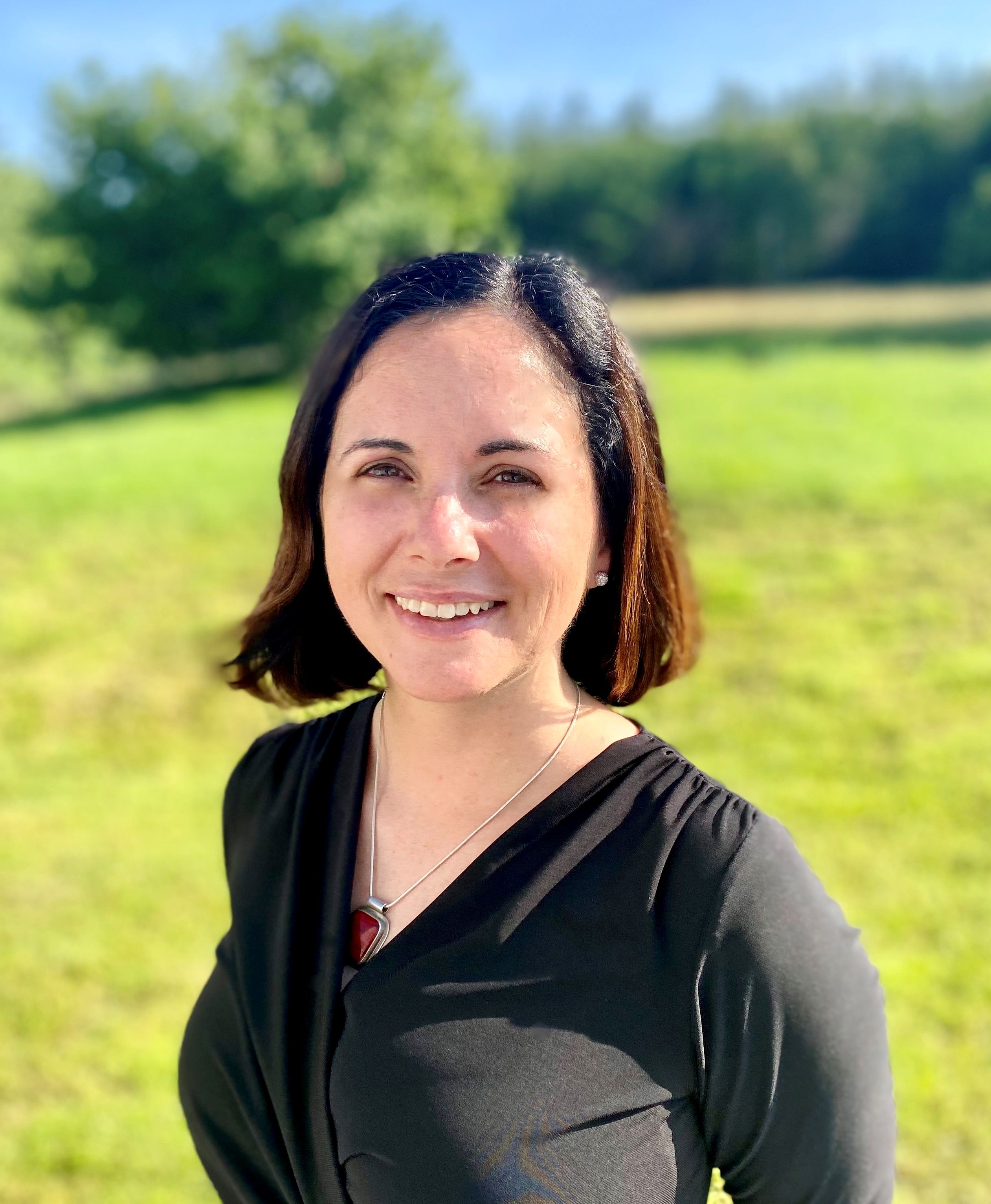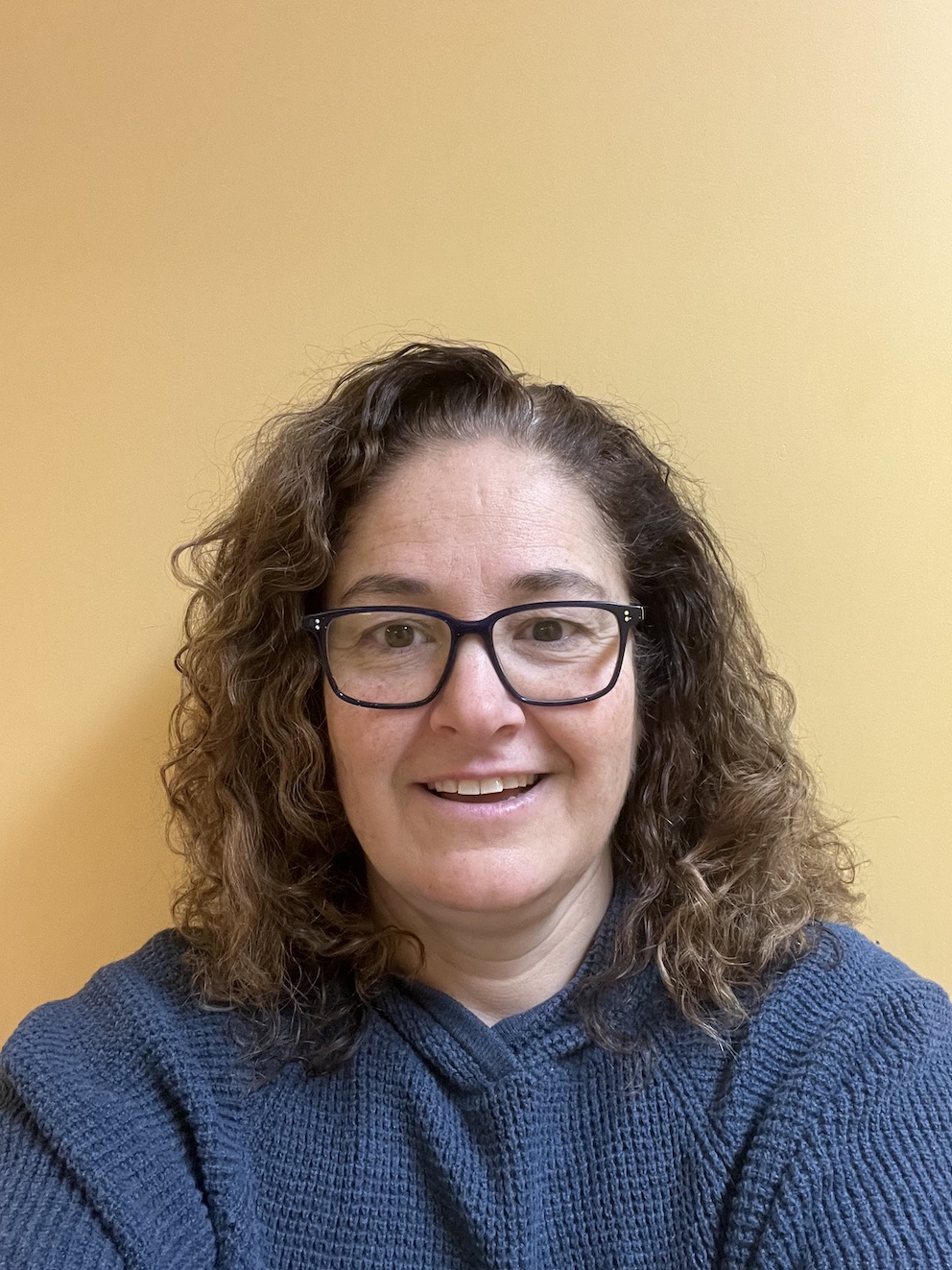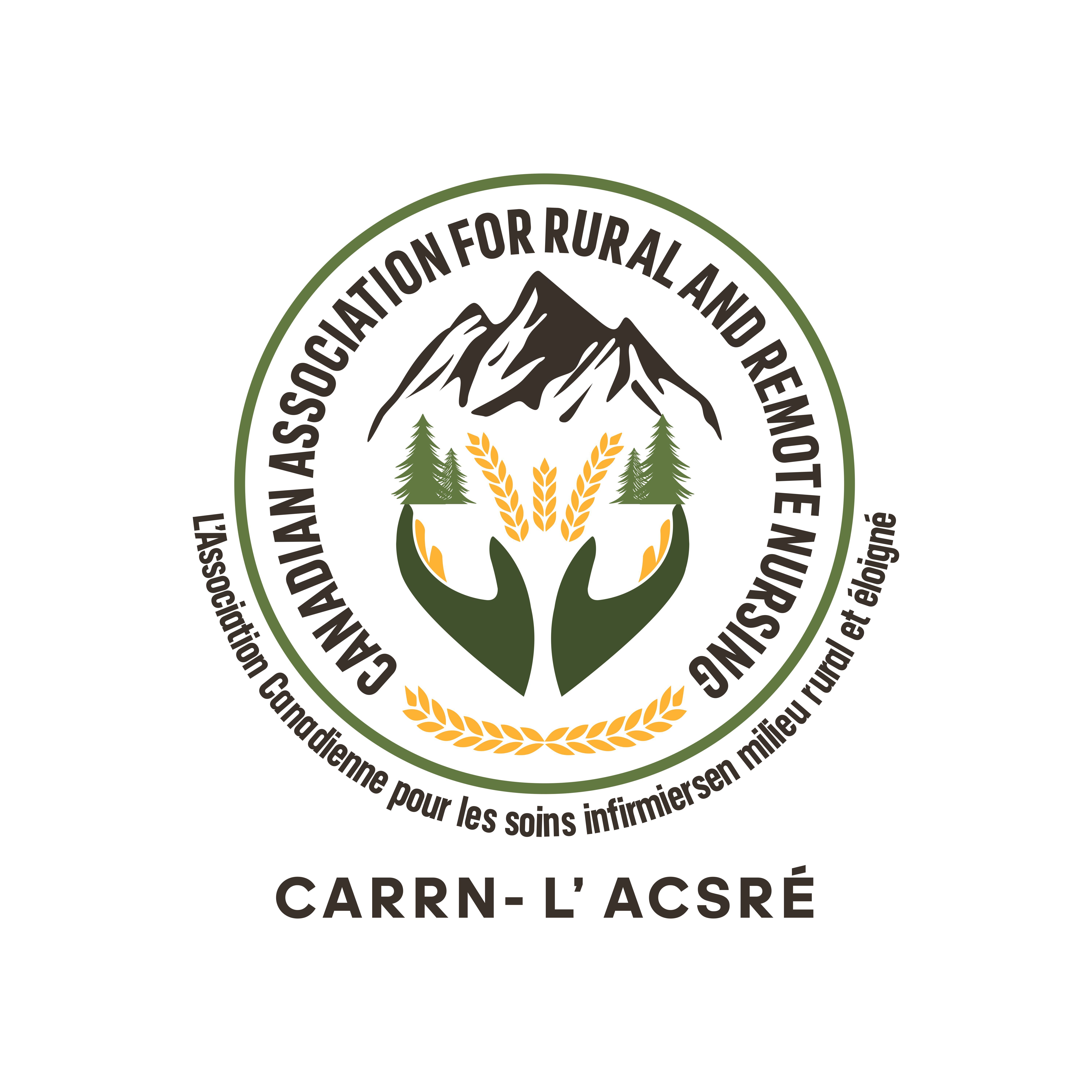Our Executive
Meet Our Team
Get to know the dedicated leaders driving CARRN forward. Our executive team brings diverse expertise and a shared commitment to advancing rural and remote nursing across Canada. Learn more about the passionate individuals shaping the future of healthcare in our communities.
2025 - 2026
President - Michael-Ann Miller | This email address is being protected from spambots. You need JavaScript enabled to view it.
 Coming back home after many years in the city and working as an RN in a rural emergency department was the spark that started Michael-Ann’s passion for rural healthcare. That passion has now taken her to a leadership role in which she leads two rural healthcare facilities and uses her position to advocate for social justice, healthcare equality, and the retention and recruitment of rural healthcare providers. Known for being unconventional and creative her desire to move the image of the rural nurse mainstream was the foundation for creating a rural nurse blog. Fuelled by feminist ideals, modern values, and professional integrity, Michael-Ann is honoured to be the President of CARRN and will continue to share the voice of the rural nurse.
Coming back home after many years in the city and working as an RN in a rural emergency department was the spark that started Michael-Ann’s passion for rural healthcare. That passion has now taken her to a leadership role in which she leads two rural healthcare facilities and uses her position to advocate for social justice, healthcare equality, and the retention and recruitment of rural healthcare providers. Known for being unconventional and creative her desire to move the image of the rural nurse mainstream was the foundation for creating a rural nurse blog. Fuelled by feminist ideals, modern values, and professional integrity, Michael-Ann is honoured to be the President of CARRN and will continue to share the voice of the rural nurse.President-Elect - Vacant| This email address is being protected from spambots. You need JavaScript enabled to view it.
Past President - Erika Stebbings | This email address is being protected from spambots. You need JavaScript enabled to view it.

Erika graduated from the University of Saskatchewan with a BSN in 2005, and since has had the opportunity to work in both large urban settings to small rural settings within Saskatchewan. Erika currently resides in rural Saskatchewan and supports rural healthcare teams as a provincial manager. From 2010, she worked as a Clinical Nurse Educator with a focus on rural health, rural healthcare delivery and rural healthcare settings, holding many certified instructorships. Erika also spent many years teaching in casual roles for Saskatchewan Polytechnic and Carlton Trail College. Her nursing passions lie with the social determinants of health, healthcare education, health promotion, standardization, and communication processes. Erika believes connecting providers and resources is key to advancing and supporting health care across Canada.
Treasurer - Jeslyn Macdonald | This email address is being protected from spambots. You need JavaScript enabled to view it.
 Jeslyn MacDonald grew up in rural Nova Scotia. She holds a Bachelor’s of Science in Nursing, as well as a Master’s of Nursing with Distinction and is a Canadian Certified Nurse Educator. She spent nearly a decade living in the Canadian Arctic, first in Nunavut then in Yukon, where she discovered her passion for rural and remote nursing. Jeslyn has extensive experience in emergency, acute care and community nursing. Currently, she is a nurse educator at St. Francis Xavier University in Antigonish, Nova Scotia where she teaches in both the classroom and clinical settings. Her research interests include recruitment and retention of rural nurses and improving healthcare access and outcomes for rural communities, as well as successful transition to practice for LPN/RPNs to RNs. Jeslyn is excited to be a member of the CARRN executive and to help further elevate the status of rural nursing in mainstream Canada.
Jeslyn MacDonald grew up in rural Nova Scotia. She holds a Bachelor’s of Science in Nursing, as well as a Master’s of Nursing with Distinction and is a Canadian Certified Nurse Educator. She spent nearly a decade living in the Canadian Arctic, first in Nunavut then in Yukon, where she discovered her passion for rural and remote nursing. Jeslyn has extensive experience in emergency, acute care and community nursing. Currently, she is a nurse educator at St. Francis Xavier University in Antigonish, Nova Scotia where she teaches in both the classroom and clinical settings. Her research interests include recruitment and retention of rural nurses and improving healthcare access and outcomes for rural communities, as well as successful transition to practice for LPN/RPNs to RNs. Jeslyn is excited to be a member of the CARRN executive and to help further elevate the status of rural nursing in mainstream Canada. Secretary - Natelle Nordick |
Secretary - Natelle Nordick | This email address is being protected from spambots. You need JavaScript enabled to view it.
Natelle grew up on a farm in rural Saskatchewan and has spent her entire career working in the rural Saskatchewan communities that she loves. Natelle acquired her BSN from the University of Saskatchewan in 1996, with plans to work in a big city emergency department or ICU department. However, she quickly found her passion was rural Long Term Care, and has worked in varying roles there ever since, including as a frontline nurse, Clinical Nurse Leader, and Clinical Nurse Educator. Mentoring new staff by sharing her joy of Long Term Care with them, residents, and families are key drivers in Natelle's career.
Membership Coordinator - Sandra Carless | This email address is being protected from spambots. You need JavaScript enabled to view it.

Sandra received her Diploma in Nursing in 1988 from Medicine Hat College, her BScN in 2005 from the University of Alberta, and her Master of Nursing in 2010 from Athabasca University. Sandra is a Doctoral Candidate with the University of Calgary Faculty of Nursing. She comes to the Doctoral program with over 10 years of nursing experience in rural acute and community nursing practice and an additional 20+ years of classroom and clinical instruction in rurally-based practical nurse and undergraduate nursing programs in central Alberta. Her research focuses on nursing students' learning experiences, with a special interest in learning transfer between classroom and clinical practice. In addition to her doctoral work, her recent experiences include online classroom instruction, face-to-face clinical instruction, and course development in the Nunavut Arctic College (NAC) Practical Nurse and Bachelor of Science in Nursing Programs. Sandra is looking forward to working with the CARRN executive and being a member of a dynamic team who share a common vision of supporting rural and remote nursing in Canada.
Newsletter Editor - Cates Bayabay | This email address is being protected from spambots. You need JavaScript enabled to view it.
 Cates has always lived in densely populated areas, until she worked, lived, volunteered, and hung out with Nunavummiut in the Inuit territory of Nunavut for a decade. It was here that she stumbled upon a professional identity that fits right with her values of resourcefulness and resilience. She became a fierce advocate for health equity and Indigenous rights, using creative ways to inform and influence. Though the transition was tough from being an anonymous face in the city to being highly visible and known in small communities, she found this blurring of personal and professional lines is the strength and competitive advantage of being a nurse in rural, remote, and northern settings. She found solace in CARRN's Framework for Nursing Practice in Rural and Remote Canada, where this unique attribute of rural and remote nurses was well documented and discussed.
Cates has always lived in densely populated areas, until she worked, lived, volunteered, and hung out with Nunavummiut in the Inuit territory of Nunavut for a decade. It was here that she stumbled upon a professional identity that fits right with her values of resourcefulness and resilience. She became a fierce advocate for health equity and Indigenous rights, using creative ways to inform and influence. Though the transition was tough from being an anonymous face in the city to being highly visible and known in small communities, she found this blurring of personal and professional lines is the strength and competitive advantage of being a nurse in rural, remote, and northern settings. She found solace in CARRN's Framework for Nursing Practice in Rural and Remote Canada, where this unique attribute of rural and remote nurses was well documented and discussed.
